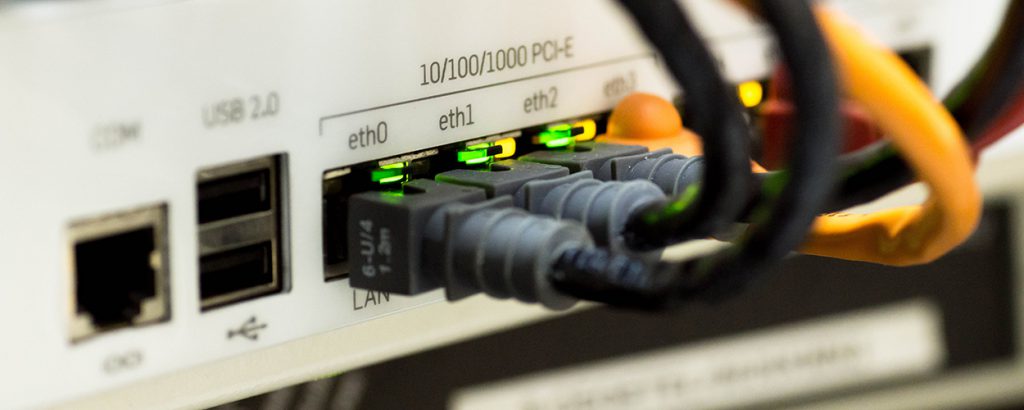This website uses cookies so that we can provide you with the best user experience possible. Cookie information is stored in your browser and performs functions such as recognising you when you return to our website and helping our team to understand which sections of the website you find most interesting and useful.
Business News Labels & Publishers Legal
US court awards majors nearly $83 million in damages in stream-ripping case
By Chris Cooke | Published on Monday 14 February 2022

A court in Virginia last week ordered the Russian owner of stream-ripping sites FLVTO and 2conv to pay nearly $83 million in damages to the major record companies. Judge Claude M Hilton also issued an injunction ordered Tofig Kurbanov to stop infringing the music companies’ copyrights and to destroy any infringing copies of their recordings that might be in his possession.
A very quick recap. The majors went legal against Kurbanov and his stream-ripping operations through the US courts back in 2018. He argued that the American courts did not have jurisdiction over his Russia-based websites, and that argument initially worked. But not for long.
Once discovery was under way, the labels demanded access to the FLVTO and 2conv user-logs. Kurbanov insisted there were no such logs. The majors argued that there should be. So the courts ordered Kurbanov to start storing and sharing the kind of data that the majors were asking for. And in response, Kurbanov bailed on the case and ended his formal defence.
That meant the labels won a default judgement in their favour and could then start working out what damages they thought they were due. With 1618 specific copyrights identified as having been infringed in their original lawsuit, the labels pushed for $51,250 in damages per work, which comes out at just over $82.9 million.
A magistrate judge called Theresa Buchanan then considered that maths and, in December, concluded that the damages being claimed by the majors were reasonable. Needless to say, legal reps for Kurbanov did not agree, countering that the labels had failed to actually prove that any infringement of their recordings occurred on his stream-ripping sites within the US.
“In her report and recommendation, the magistrate held improperly that plaintiffs did not need to prove any infringements of their works because such proof was presumed by virtue of her having ordered the default against Mr Kurbanov”, those lawyers argued last month.
That was an “improper” conclusion, they added, because “the law on this point is exceedingly clear: regardless of the fact that the court defaulted Mr Kurbanov, plaintiffs were required to prove the facts that would entitle them to recover the damages sought”.
And even if the court did conclude that Kurbanov was liable for copyright infringement, the damages demanded by the labels and approved by Buchanan were way too high, the lawyers went on. They reckoned something like $200 per alleged infringement would be much more appropriate.
But ultimate decision maker judge Hilton was not impressed with those arguments, and last week endorsed the recommendation of Buchanan to basically give the majors everything they asked for.
“It appears to the court that the magistrate judge’s report and recommendation is neither clearly erroneous nor contrary to law”, Hilton wrote in his judgement, “and it is hereby ordered that the plaintiffs are awarded statutory damages for violations of the Copyright Act of 1976 and the Digital Millennium Copyright Act in the amount of $82,922,500”.
“Defendant Kurbanov”, the ruling went on, “is enjoined from directly or indirectly infringing in any manner pertaining to plaintiff’s copyrighted works [and] must permanently delete and destroy all electronic copies of any of plaintiff’s copyrighted works, or derivate works thereof, that defendant Kurbanov has in his possession, custody or control”.
Elsewhere the ruling added: “Defendant Kurbanov is enjoined from directly or indirectly circumventing any and all technological measures that effectively control access to or protect a right of any plaintiff in any and all plaintiffs’ copyrighted works”.
That latter point relates to the claim that stream-ripping services circumvent measures put in place by websites like YouTube to stop people from grabbing permanent downloads of temporary streams, such circumvention being prohibited by the US Digital Millennium Copyright Act.
A small portion of the damages claimed by the majors in this case relate to the specific breaching of that rule, rather than the actual copyright infringement.
Though, in this and other stream-ripping cases, the stream-rippers argue that YouTube doesn’t really have any technological measures in place to stop stream-ripping, and therefore nothing is being circumvented. The labels, of course, do not agree.
It remains to be seen how Kurbanov now responds, if at all, to Hilton’s ruling.





